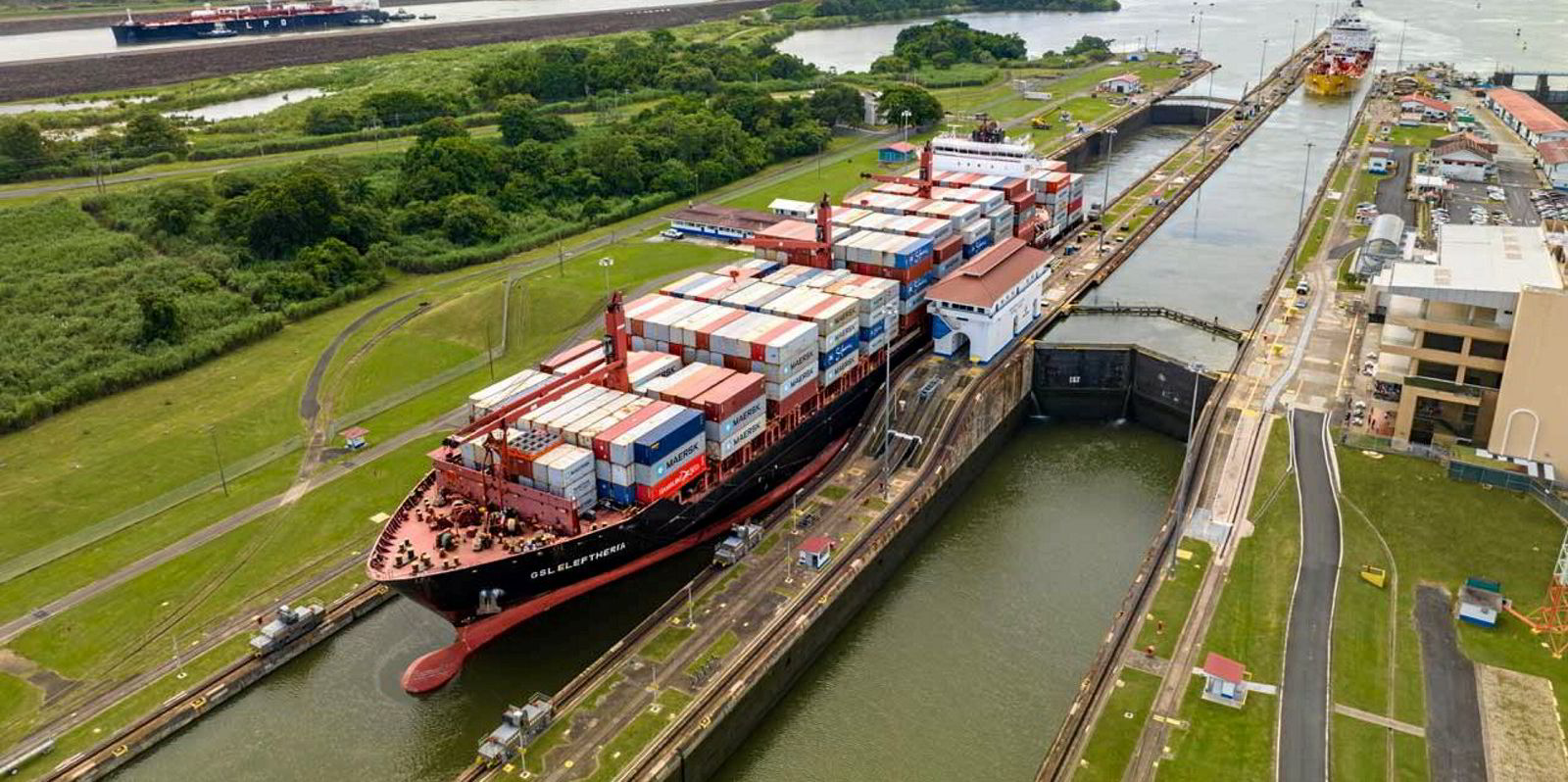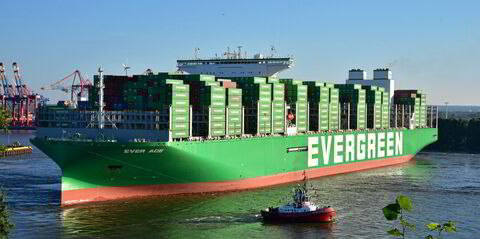The return of the rainy season in Central America has allowed the Panama Canal Authority to ease draught restrictions early.
The move by the government body is certain to provide relief to supply chains impacted by transit limits on the shortcut between the Atlantic and Pacific oceans, although many shipowners and operators have profited from the rates boost caused by a clogged canal.
Effective immediately, the maximum authorised draught on the Panama Canal’s larger, neopanamax locks will rise to 13.7 metres from 13.4 metres, the authority said.

That brings forward a measure that was planned for 15 June.
“That will allow for, for example, container vessels to bring additional cargo — and for any other vessel that draughts heavily to bring more cargo,” Panama Canal Administrator Ricaurte Vasquez Morales told TradeWinds.
The Panama Canal has set limits on maximum vessel draughts and the total number of transits.
Officials imposed the restrictions to deal with a rainfall shortage caused by a weather pattern known as El Nino.
The return of the rainy season comes amid expectations that El Nino will give way to its opposite. La Nina typically brings above-average rainfall to Panama.
The latest draught limit increase comes two weeks after the canal authority lifted total transits from 24 to 31 per day, bringing daily traffic closer to the normal level of 36 or more.
Daily transits are expected to rise to 32 on Saturday.
Asked when the transits could return to normal levels, Vazques said the canal authority has to be cautious about what it announces.
“We follow the weather forecast twice a week, sometimes three times per week,” he said, noting that the projections are 75% reliable for only 30 days out.
“We must work together to manage expectations, and we do not want to generate expectations that we cannot fulfil.”



